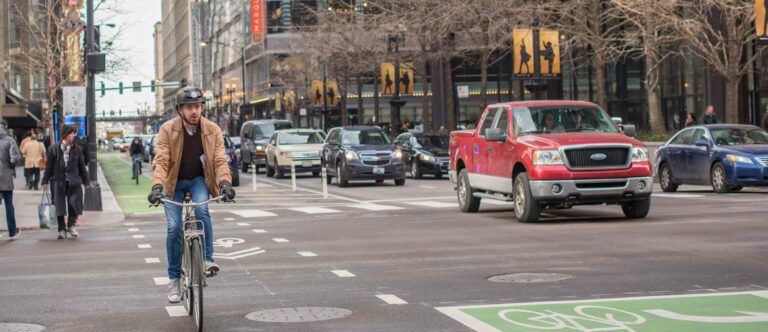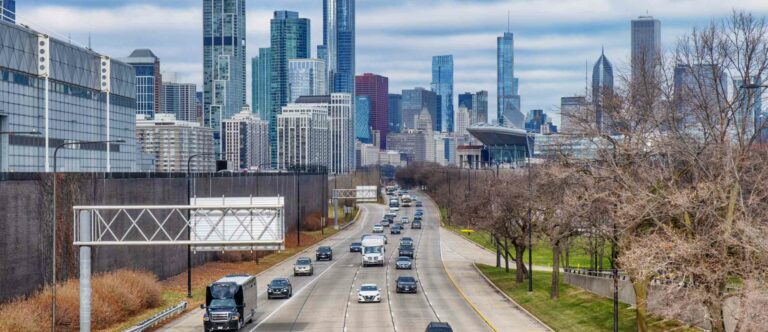If you’re in an accident and a medical professional happens to be at the scene and gives medical assistance, can he or she be sued for medical malpractice? It’s a good question that is worth an explanation because the short answer is…it depends. Each state has its own Good Samaritan law, but let’s focus on the Illinois statute. It reads:
any licensed medical professional who, in good faith, provides emergency care without fee to a person, shall not, as a result of his or her acts or omissions, except willful or wanton misconduct on the part of the person, in providing the care, be liable for civil damages (745 ILCS 49/25).
The “without fee” portion of the statute was where an argument was made concerning legal action. Does that mean the patient was not billed or the doctor was not paid? The Illinois Supreme Court clarified by stating, “The Act was meant to protect those who volunteer, not those who are paid while working in a medical facility.”
As long as the person receiving the emergency medical attention wasn’t charged by the medical practitioner nor was the medical attention received at a medical facility, said practitioner has immunity from legal action. To clarify, this does not hold for non-emergency room doctors or off-duty physicians that provide emergency care at a medical facility. The above statement only protects those who are volunteering their assistance, not failing to bill a patient at the medical facility within which they work.
This sounds pretty straightforward, but what if a citizen not in the medical community assists – can a person take legal action? The Illinois General Assembly clarified in 2011 by amending the Good Samaritan Act by establishing “numerous protections for the generous and compassionate acts of its citizens who volunteer their time and talents to help others. These protections…shall be liberally construed to encourage persons to volunteer their time” (210 ILCS 50).
If you happen upon the scene of an accident, you’re protected from lawsuit when you attempt to assist. This doesn’t just include motor accidents either – whether you’re at work, a sporting event, school, etc., you are protected under the Good Samaritan Act.
Still need further clarification? Contact one of our lawyers today – we can provide more information and can provide insight on whether your case should be made in court.


 Skip to content
Skip to content








